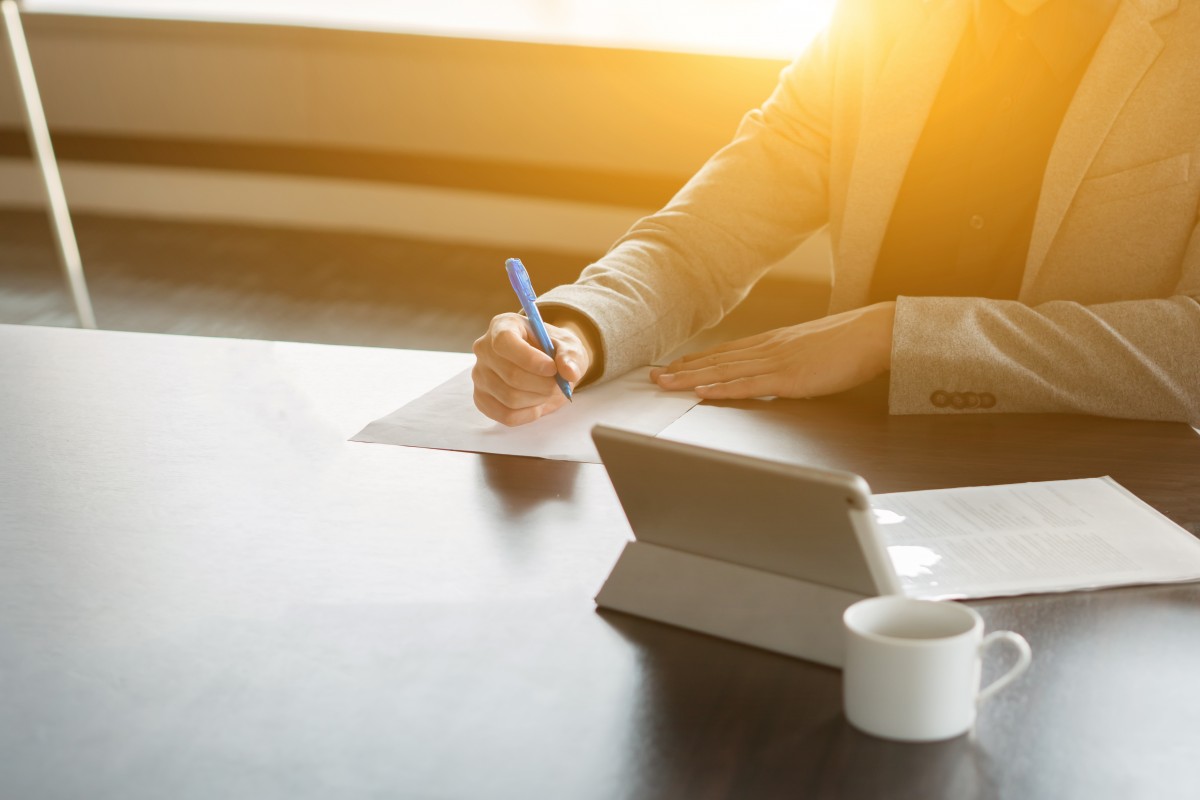 As personal injury lawyers and wrongful death attorneys, we take our duty to make the strongest case for each of client very seriously. Whether we are handling a car accident claim in Virginia, a deadly medical malpractice case in North Carolina or a railroad worker’s occupational illness claim, we use every legal tool available to gather, organize and clearly present hard evidence to support requests for compensation and other monetary damages from negligent or reckless defendants.
As personal injury lawyers and wrongful death attorneys, we take our duty to make the strongest case for each of client very seriously. Whether we are handling a car accident claim in Virginia, a deadly medical malpractice case in North Carolina or a railroad worker’s occupational illness claim, we use every legal tool available to gather, organize and clearly present hard evidence to support requests for compensation and other monetary damages from negligent or reckless defendants.
LEARN MORE
- What Is a Wrongful Death Claim?
- Who Can File a Wrongful Death Claim in Virginia?
- What Is the Statute of Limitations for Filing a Wrongful Death Claim in Virginia?
Here are brief descriptions of five techniques we regularly use.
- Obtaining Accident Reports: Police have legal duties to investigate crashes. Employers must look into the causes of on-the-job injuries and work-related illnesses. Hospitals, clinics and pharmacies have procedures in place to identify and analyze medical errors. Findings from each of these serve as baselines for the accident recreations and independent analyses done by experts we hire on behalf of our clients.
- Reviewing 9-1-1 Call Transcripts: Filing Freedom of Information Act requests to obtain original recordings and official transcripts of the calls made by victims and witnesses allows us to fill in blanks in other investigations.
- Accessing So-Called Black Boxes From Trucks and Locomotives: Increasing numbers of cars also come equipped with nearly indestructible event recorders that keep real-time data on vehicle speed, direction, handling, braking and other factors that tell the story of a serious or fatal crash with details that humans could never provide. We always need to act quickly to file requests for the preservation of vehicle black boxes, though. Current laws allow car owners, trucking companies, bus operators and railroads to scrap vehicles as soon as they declare their own internal investigations concluded.
- Visiting the Accident Scene: Sending an expert to the location of a crash or workplace accident to take photographs and measurements preserves key evidence and gives us invaluable information for reconstructions and witness interviews.
- Commissioning Autopsies: Even when a medical examiner/coroner or hospital performs a postmortem examination following an unexplained or accidental death, important questions regarding the cause and preventability of the loss of life may remain. Hiring an independent pathologist to do an autopsy is particularly recommended for the family of a possible medical malpractice victim.
These are just some of the steps we take for clients. We let the facts guide our strategy, but we never lose sight of our goal of securing fair settlements and jury awards for personal injury and wrongful death victims.
EJL